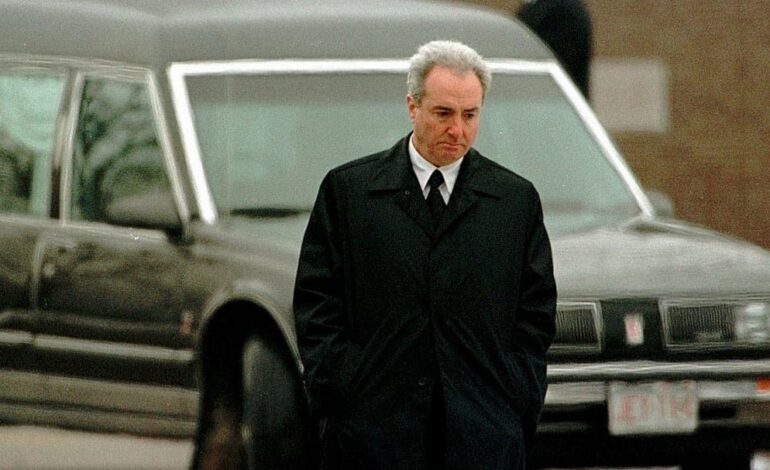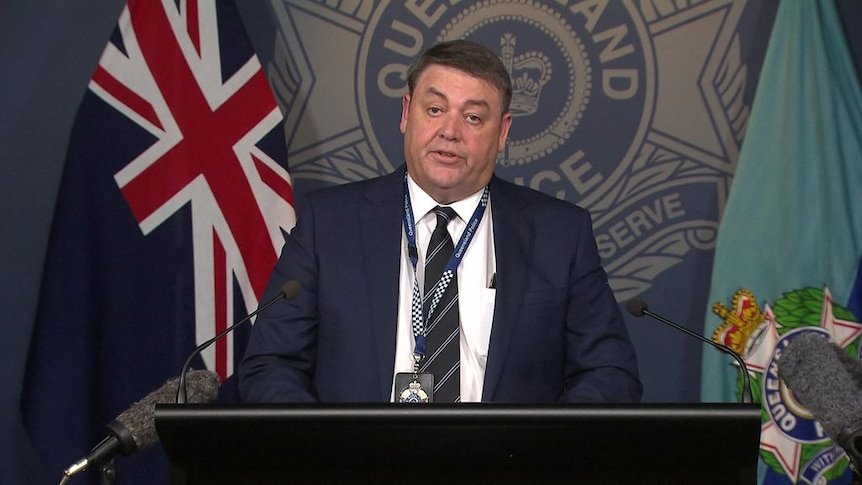Lorne Michaels’ Tough Love Approach: How He Dealt with Chris Farley’s Addiction on SNL

The tragic saga of Chris Farley’s battle with addiction is a poignant chapter in the storied history of Saturday Night Live, and Lorne Michaels’ approach to handling it reveals much about the complexities of celebrity culture and responsibility. In a candid discussion on the “Armchair Expert” podcast, biographer Susan Morrison shed light on the tough love tactics employed by Michaels, the show’s executive producer, following the heartbreaking death of John Belushi in 1982. Morrison, author of “Lorne: The Man Who Invented Saturday Night Live,” noted that Belushi’s demise served as a wake-up call for Michaels, prompting a shift from a hands-off approach to one that emphasized accountability and support among cast members. “He felt like this whole approach of just letting people do their own thing was the wrong approach,” Morrison stated, emphasizing a newfound commitment to looking out for each other within the SNL family.
As Farley joined the cast a decade later, his struggles with substance abuse were evident. Michaels would frequently summon him to his office for serious discussions about his drinking and drug use. Bob Odenkirk, a writer during Farley’s tenure, described how Farley relished these meetings, likening the experience to a mix of excitement and trepidation akin to being called to the principal’s office. However, Michaels’ methods were not without stern consequences; he would ban Farley from the show for weeks if he was deemed too impaired to perform. This strategy included sending him to rigorous rehab programs, with the hope that removing the show—a significant part of Farley’s identity—would catalyze a change. “Michaels knew that the show was what Farley liked best,” Morrison explained, underscoring the depth of their relationship.
Despite these interventions, Farley tragically succumbed to an overdose in 1997, a statistic that underscores the relentless grip of addiction. Morrison’s biography also highlights Farley’s brief return to SNL just months before his death, facilitated by his manager who believed that the structure of the show could provide stability. This belief in the rehabilitative power of the SNL environment echoes through Michaels’ continued support for other cast members, such as Pete Davidson and John Mulaney, both of whom have openly navigated their own mental health challenges.
With a legacy marked by both laughter and sorrow, the story of Chris Farley and Lorne Michaels serves as a reminder of the fragility of life in the spotlight. The dynamics of addiction and camaraderie in the entertainment industry remain ever-relevant, prompting a crucial conversation about how to support vulnerable stars without compromising their artistry. As we reflect on these narratives, one wonders what lessons the industry has truly absorbed.
Sources: Celebrity Storm and People Magazine, Entertainment Weekly
Attribution: Creative Commons Licensed




